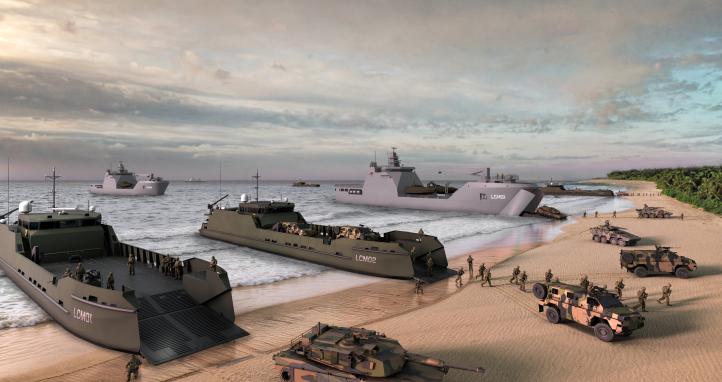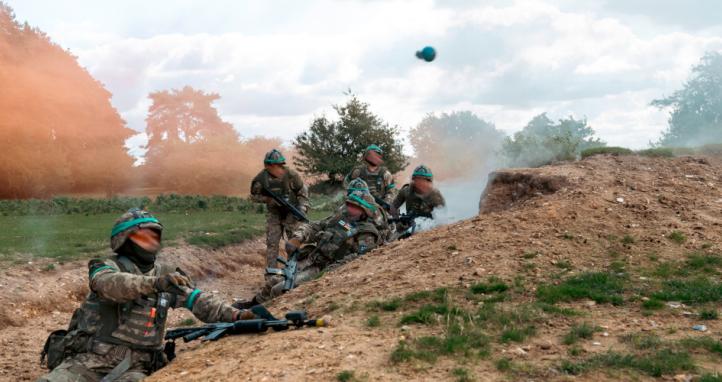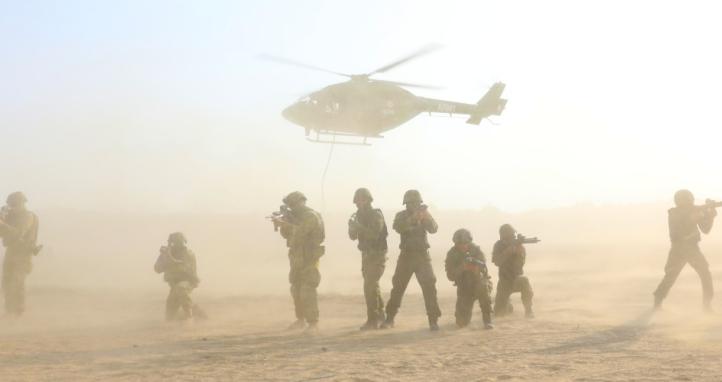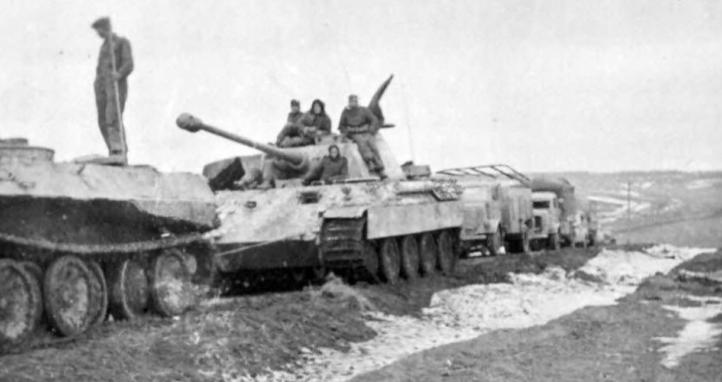The mission of the Australian Army is to prepare land forces for war in order to defend Australia and its national interests. To do this, the Army must be able to respond rapidly to direction from government. Key to this rapid response ability is intellectual preparation – thinking about the tasks we might be asked to undertake, and the environments in which we might be asked to undertake them. Preparing for possible tasks does not make those tasks any more likely, but intellectual preparation is an important part of the Army’s continuous Professional Military Education (PME) program. This PME Package aims to provide commanders with resources to support delivery of collective PME at sub-unit and unit levels. It includes a summary, three readings and some suggested discussion points. The discussion points could also be used as a guide for developing questions to be addressed in essays or verbal presentations. The intent is to provide commanders with options to support their PME effort.
Summary
The Australian climate is relatively mild. While some areas of the country do get cold, extreme cold weather is rare. Many key barracks locations are located in warmer climes, and are quite a distance from training areas where soldiers could be exposed to extreme cold weather. As a result, Australian soldiers rarely train in these environments.
Australian soldiers have been required to operate in cold environments in the past, and this requirement may arise in the future. This PME activity is intended to encourage consideration of the challenges of operating in extreme cold weather, and the ways that we can train and/or prepare for cold climate operations.
Readings
- Stanley I. Wolf, ‘The Chosin Reservoir: Medical Care in Subfreezing Weather’, Leatherneck: Magazine of the Marines, Vol 96, Issue 6, June 2012.
- Adam Mahoney, ‘Cold Weather Injury Risk Analysis and Management in a Tasmanian Army Reserve Battalion’, Journal of Military and Veterans Health, Vol 20, No. 3, August 2012.
- Australian Army, LWP-G 3-9-4 Operating in Cold Conditions, Commonwealth of Australia, Puckapunyal, 2010 (DPN only).
Discussion Points
- Is the Australian Army currently trained and equipped for cold weather operations? Should it be? If so, what are the options to ensure the Army gains and retains corporate experience in Cold Weather operations?
- What lessons can be learned from Chosin Reservoir about treating casualties during cold weather operations? Do you think the Army today would face the same issues? How would extreme cold / bad weather affect casualty evacuation and what could we do to mitigate against this?
- Section 1-3 of LWP-G 3-9-4 Operating in Cold Conditions, highlights a number of leadership challenges associated with operations in cold environments. What can small-team leaders do to build team resilience in order to cope with these potential challenges?
- How do you think the current logistics chain would cope with Cold Weather operations? What would we need to change?
Reflection
Reflection is an important element of learning. It allows us to consider theories or events, and understand how they might apply to us. At the completion of the PME activity have your team reflect using the 'what, so what, now what' process.
- WHAT have I learnt about cold weather operations?
- SO WHAT does that learning mean for me as a military professional?
- NOW WHAT am I going to do about (with) what I’ve learned?
Writing this down in a journal, essay or blog post is a good way to consolidate learning.
Concluding Comments
The information in this package is designed to help commanders to develop and deliver PME in the unit environment. If there are suggestions for improvements – additional readings or reference material, alternative discussion points, new delivery methods – or if you just want to provide feedback, please contact the Cove Team via the.cove@defence.gov.au.










Regards Chris